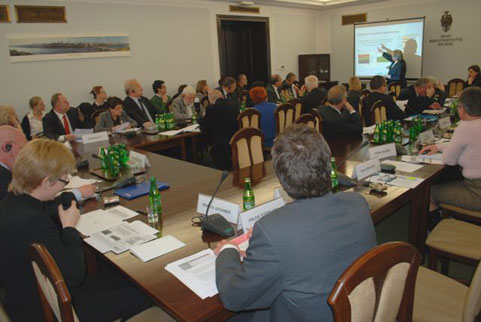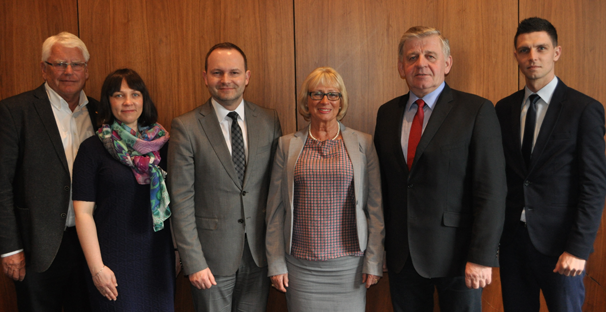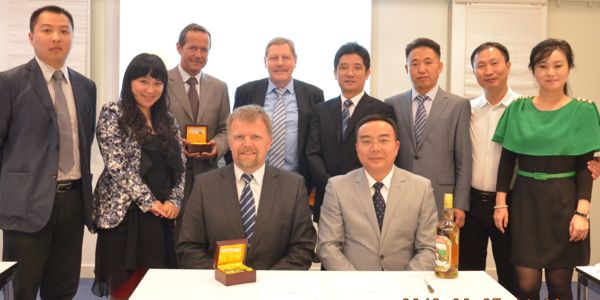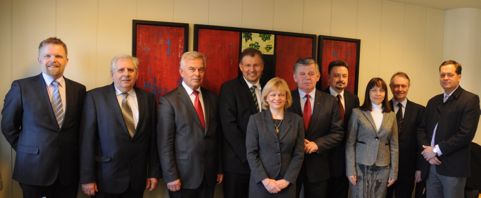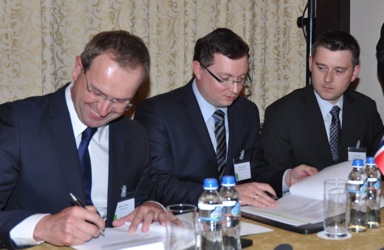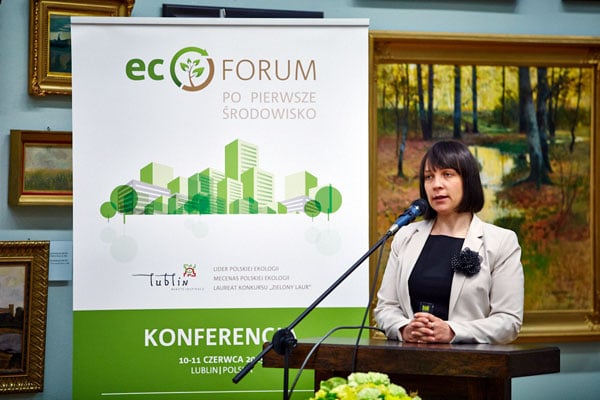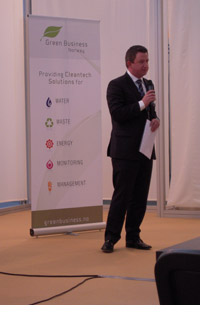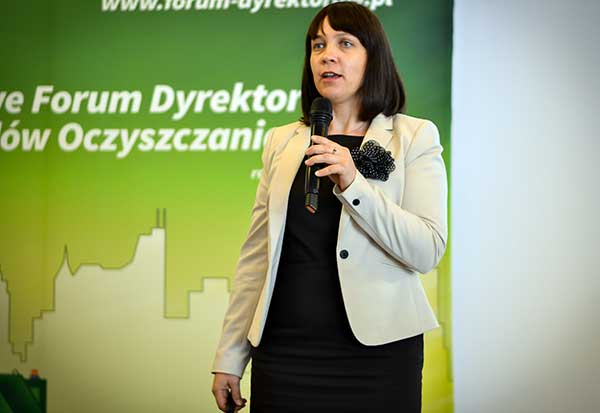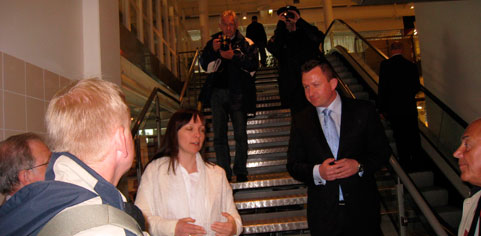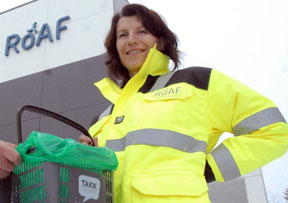
The fast-changing waste management sector is facing some key strategic decisions regarding its future direction. In recent years, Green Business Norway has actively promoted the exchange of best practice between Poland and Norway.
Last autumn a delegation of Polish government officials and politicians visited Norway at the invitation of Green Business Norway. The Polish delegation visited several waste management facilities, including the ROAF inter-municipal waste processing plant in Romerike, the Lindum biogas and fertilizer plant in Drammen, Infinitum’s sorting plant for recyclable drink cartons and plastic bottles, and Hafslund’s small-scale recycling plant in Sarpsborg.
This Tuesday, 3 March, Polish and Norwegian representatives will pick up where they left off and continue their discussions of the latest trends in waste management. Government officials, independent experts, scientists and municipal waste management companies from the two countries will meet at the Sejm, the lower house of the Polish parliament in Warsaw, to discuss issues such as:
- How to legislate to meet current and future EU targets
- Whether centralized separation is the way to get the most out of the waste collection system
- How to plan energy-from-waste capacity
- Identifying the most economical treatment option for organic waste
- How to improve collection of growing volumes of recyclable drinks packaging
Beate Langset, director of information and administration at Romerike Avfallsforedling IKS (ROAF), an inter-municipal waste management company, is among those attending the seminar. Ms Langset is looking forward to resuming earlier positive discussions of waste management with her Polish counterparts.
“In 2012 we visited Poland for a closer look at their separation facilities for municipal solid waste. At the time, we were considering a major transition from separation at source to centralized separation. Our visit to the Polish plants convinced us that centralized separation really does work.”
Centralized separation, says Ms Langset, has enabled ROAF to streamline its operations. The company has put in place a highly efficient transport and logistics system and achieved high waste diversion rates.
ROAF’s earlier study trip to Poland illustrates the benefits of sharing best practice. Green Business Norway expects Tuesday’s seminar at the Polish parliament to lead to further success stories of this kind.






















